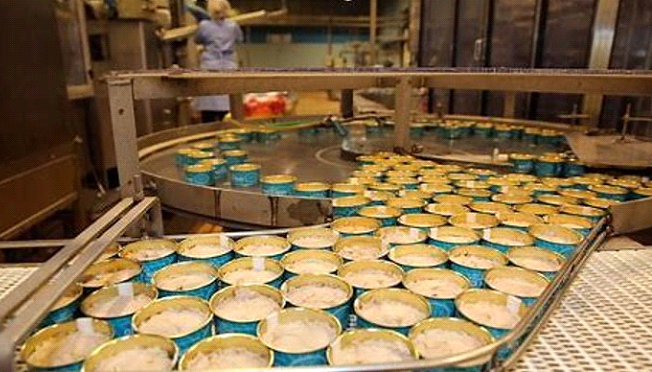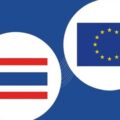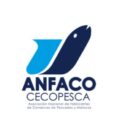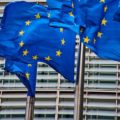Since it became known that the European Commission had resumed talks with the Government of Thailand to formalize a free trade agreement that was put on hold after a coup d’état in the Asian country, the Galician canning industry has added one more concern to the many it already has. So much so that, through the sector’s employers’ association, Anfaco, they undertook a round of contacts with national and community institutions in search of protection for their main product in a virtual alliance with what is the world’s leading producer of canned tuna.
In order to protect the sector, the employers’ association has set a clear objective: that canned fish and seafood be considered sensitive products and be excluded from this international trade agreement, given the damage that an avalanche of canned Thai tuna without tariffs could have on the industrial fabric.
On the other hand, the Foreign Affairs Committee of the European Parliament approved by a wide margin (55 votes in favor, 3 against and 1 abstention) the report on the association agreement between Brussels and Bangkok, which included several amendments presented by the Galician MEP Francisco Millán to protect EU canned fish.
Mon stressed that the approved document urged the European Commission to carefully study the economic, social and environmental effects that any bilateral free trade agreement between the Union and Thailand could bring before its implementation.
European Union MEPs expressed their concern regarding the issue, particularly the Galician MEP, who is demanding that foodstuffs be classified as sensitive products in order to prevent the entry of cans from Thailand into the EU market without tariffs. If certain specific measures are not taken, this agreement, if ratified, could seriously affect Europe and Galicia in particular.














